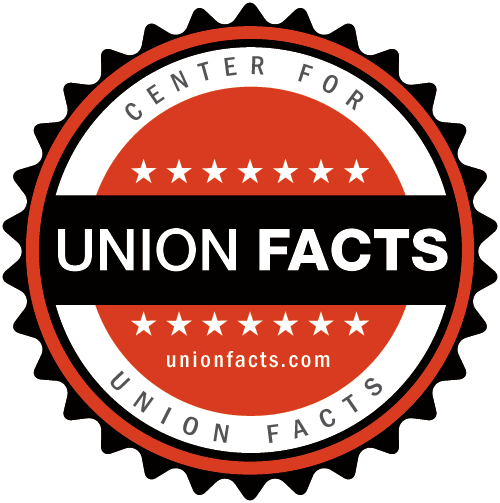Past Corruption, Reforms, and Failures
Corruption is nothing new to the labor movement. During the 1950s, after years of influence from organized crime families and others, the Senate Select Committee on Improper Activities in the Labor or Management Field — popularly known as the McClellan Committee and famously led by Robert F. Kennedy — uncovered rampant corruption through the movement. Chief among Kennedy’s many targets were five major unions: the Bakery and Confectionary Workers, the Allied Trades Union, the International Union of Operating Engineers, the United Textile Workers, and of course, Jimmy Hoffa’s Teamsters. After three years of investigations, the Committee ultimately concluded that organized crime influences were draining the movement of more than a billion dollars each year.
While Jimmy Hoffa’s story is the most widely known, it is only one among many uncovered during the McClellan Committee’s extensive investigation. The Committee’s findings reverberated across the entire movement. Faced with mounting pressure from Congress, the AFL-CIO Executive Council’s Ethical Practices Committee pursued its own investigations of the Distillery Workers union and the United Auto Workers union, among many others.
Following McClellan’s report, the federal government quickly cracked down on the most egregious union leaders, but the fallout made federal legislation a foregone conclusion. AFL-CIO President George Meany told Congress that “[u]nless certain safeguards are established, both through self-policing and legislation, the inducements and opportunities for illicit gain or improper practices will persist and there will be those who will yield to them.” But the movement was divided on the need for remedial legislation. United Mine Workers President John L. Lewis opposed any reform and criticized Meany, telling Congress: “I am completely impatient with the attitude of the present leaders of American labor who are, in effect, at the present time saying to the Federal Congress, ‘Please gentleman of the Congress, hurry up and enact a statute that will compel leaders to be honest and stop us from thieving from our members.’”
Despite mixed support from labor leaders, Congress passed the Landrum-Griffin Act in 1959. The Act, which is officially titled the Labor-Management Reporting and Disclosure Act (LMRDA), established a bill of rights for union members, requirements for disclosing union financial and employment information, mandates for putting subordinate unions into trusteeship, guidelines for conducting union officer election, and most importantly, provisions for securing the fiduciary responsibility of union officers.
Read Next: Union Members’ Bill of Rights

